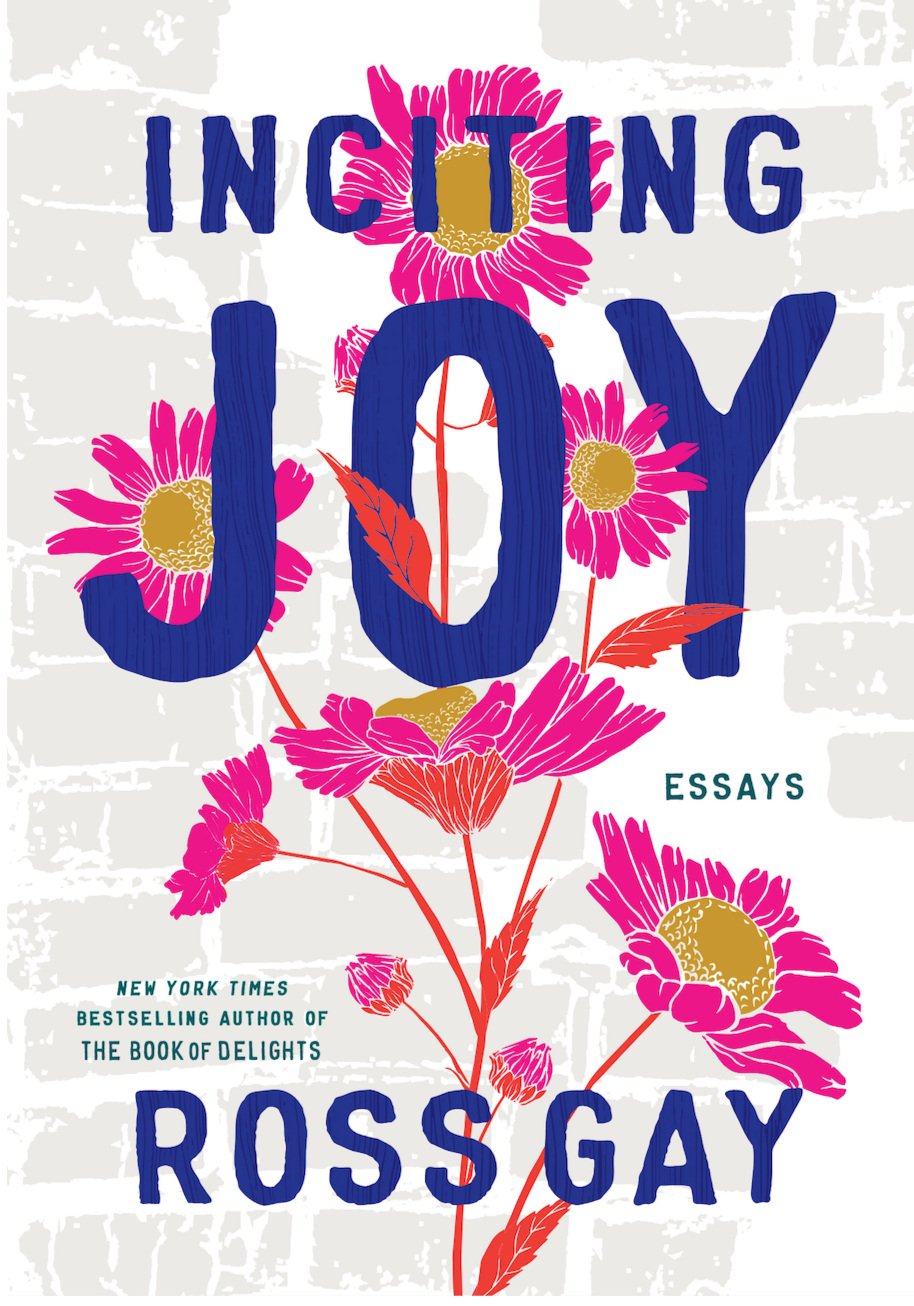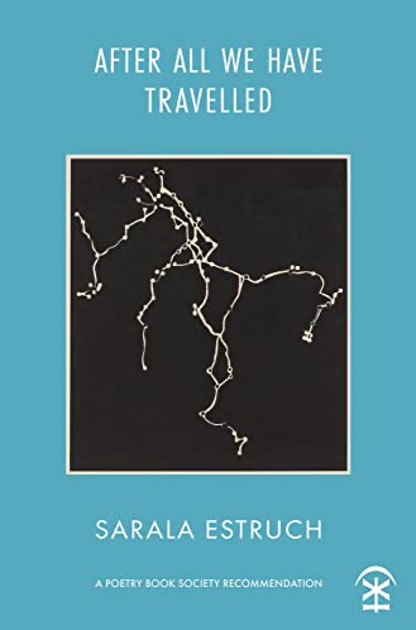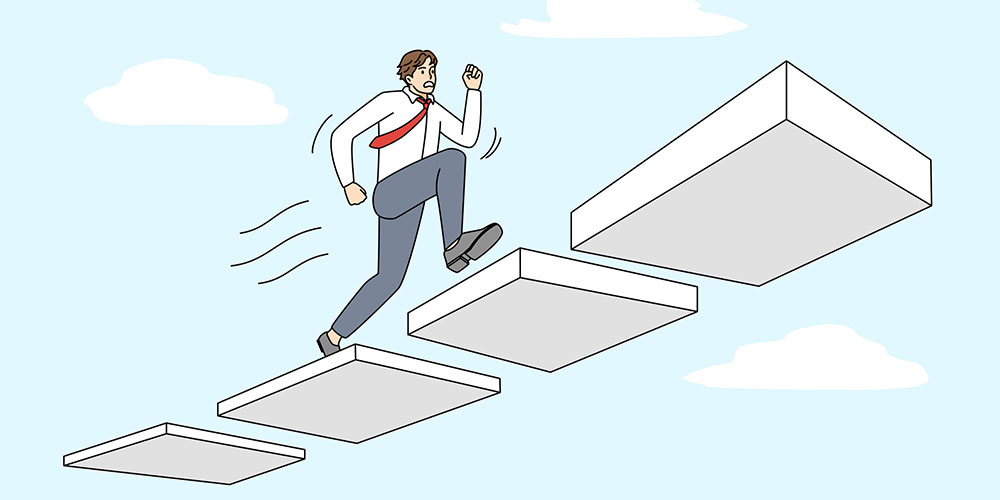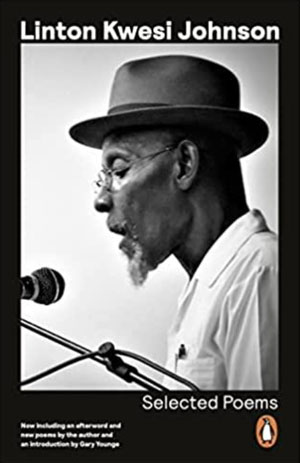Recently in a coaching conversation, the individual said she had 12 million things to do and had to die or quit her job to focus on her well-being. I paused. I then asked the individual how her words landed for her. There was silence, then she said she would not talk to a friend that way. Since coaching is centered on the client, I asked how open she is about exploring the language and action that would support how she uses her time.I believe all we are and aspire to be as individuals are inextricably tied to our well-being – physical, emotional, relational, occupational, and spiritual. How we perceive agency over our well-being influences our actions in moving toward the desired direction. When time becomes a currency, and we feel we don’t have enough of it, we function from a scarcity mindset (time-poor). Putting off today what we think we might have time in the future to take care of. I wonder when we will offer ourselves the gift of time to take care of this “one precious life.” In the U.S., busyness has become a social status that rivals wealth. Often when you ask someone, “how are you doing?“ a reply might be that they’re “so busy,” because it has become a badge of honor indicating their self-importance. If we are compensated solely based on output, it can send a mixed message, with the price being our personal well-being.
Going Above and Beyond
Organizations with a “squeeze ‘em” approach to driving productivity can inadvertently demoralize their employees. When employees feel that they must go above and beyond constantly to maintain their position, they have a weaker understanding of their job description and might feel diminished, powerless, and tapped out. There is a diminishment of their status, agency, and autonomy in bringing meaning to their work. While overproducing can be a lucrative, competitive advantage for organizations, the cost to the employees might be burnout, mental health distress, and physical illnesses and injuries. Job creep, the incremental and gradual increase in work responsibilities, results in an overload on employees that can lead to exhaustion, lowered well-being, and decreased productivity.I Exist Because I’m Busy
 When I explored my relationship to time – I will admit there was a satisfaction in being busy – it bolstered my sense of importance and worth and signaled to the team that I was a critical contributor. When I stopped to ask myself how I wanted to use the precious time granted each day, I explored how being busy has become a form of distraction. Life is filled with a million and one different things to do, and since there are only 24 hours in a day, how will you choose to use that time?
Most of us are operating from a place of time poverty, where we permit leisure time to be discretionary. When we pour disproportionate energy and time into being impressive at work, and/or prioritizing the demands of friends and family, our inner voice gets muted. The overachiever voices overlooks our values and how we’re spending our time.
How we spend our time is more important than the quantity of time we spend on something. Since many of us cannot walk away from a demanding position, recrafting how work and time are utilized is one strategy to explore.
When I explored my relationship to time – I will admit there was a satisfaction in being busy – it bolstered my sense of importance and worth and signaled to the team that I was a critical contributor. When I stopped to ask myself how I wanted to use the precious time granted each day, I explored how being busy has become a form of distraction. Life is filled with a million and one different things to do, and since there are only 24 hours in a day, how will you choose to use that time?
Most of us are operating from a place of time poverty, where we permit leisure time to be discretionary. When we pour disproportionate energy and time into being impressive at work, and/or prioritizing the demands of friends and family, our inner voice gets muted. The overachiever voices overlooks our values and how we’re spending our time.
How we spend our time is more important than the quantity of time we spend on something. Since many of us cannot walk away from a demanding position, recrafting how work and time are utilized is one strategy to explore.
Craft More, Hustle Less
Organizations with an inclusive well-being mindset listen and invest in their employees. They encourage employees to pursue job crafting that aligns behaviors with motivations and needs. The result is more energy and empowerment that can shift toward their responsibilities. The adage, “if you want something done, give it to a busy person,” might be a misnomer when considering the time limitation. Leaders have an opportunity to job craft to motivate employees to perform at a high level while giving them space to care for themselves when curating a social contract of engagement at work:- Share our intent at the beginning.
- Express our desired outcomes (needs/wants).
- Invite feedback when behaviors are misalignment with intent.
- Set the stage (a reciprocal roof) for a mutual process.
- Abide by (change) the Social Contract as the relationship evolves.
 Then, the employee has the opportunity to reflect on how they would like to engage with their day, making intentional quality time feel valued. Here are a few strategies to consider:
Then, the employee has the opportunity to reflect on how they would like to engage with their day, making intentional quality time feel valued. Here are a few strategies to consider:
- Time block: set aside a specific amount of uninterrupted time during the day.
- Manage time: ensure meetings have a clear agenda and schedule breaks throughout the day.
- Minimize distractions: specify parameters for checking social media and responding to email messages.
- Unplug and embrace idleness: sit still, gaze out a window, and daydream.

 I was looking for a light read and picked up “Inciting Joy.” I was immediately captivated by Ross Gay’s second essay, “Through My Tears I Saw (Death: The Second Incitement)” and how he shares his teenage concept of his Dad. “I became thoroughly unenthralled with my old man, annoyed and embarrassed by his arrogance, his bluster … now I recognize his full-of-sxxxxxxs in my own…” There is an intimacy and honesty not often heard and experienced in a world that is about branding the best versions of ourselves (publicly).
I was looking for a light read and picked up “Inciting Joy.” I was immediately captivated by Ross Gay’s second essay, “Through My Tears I Saw (Death: The Second Incitement)” and how he shares his teenage concept of his Dad. “I became thoroughly unenthralled with my old man, annoyed and embarrassed by his arrogance, his bluster … now I recognize his full-of-sxxxxxxs in my own…” There is an intimacy and honesty not often heard and experienced in a world that is about branding the best versions of ourselves (publicly).
The essays in this book are deeply personal and reflective, speaking of relationships with self and others, death and dying (“when you are ninety-four you are dying more clearly than … say, twenty-four”), losses (“we were edging toward the world without this person we loved”), grief (“grief is the metabolization of change”), deprivilege (“the withholding from some of the means of life”), blessings, and the joys in between the sorrows.
The garden serves as a vehicle in which Ross shares his perspectives of life, “a healthy garden is an entangled system of truly countless mutual contributors and beneficiaries, on which the gardener is but one.” Not a light read, this gave my heart much to consider, and I delighted in each essay’s journey as Ross planted the seed of what is to bloom in each essay. “When that one thing changed, everything changed.”

National Poetry Month
In honor of National Poetry Month, sharing this poem by Sarla Estruch. Sarala is a British writer, poet, and researcher. Her poetry explores the long legacy of colonization, intergenerational trauma, grief, and disconnection. At the same time, balanced with the power of love and connection.
 Blue Mountain
Blue Mountain
We had passed halfway point.
Every muscle in my body was singing,
brimming with lactic acid. We’d been arguing,
arguing as we climbed, about the best way
to climb a mountain, though I’d never climbed
a mountain before and you’d topped the summit
countless times. I wanted to enjoy the walk:
the winding path fringed with unfurling ferns
and bamboo stalks, gold and tall. You said:
To get to the top, you’ve got to look up.
Kept leading us off the path to the short cuts
Through the underbrush over rocks and red soil.
Impossible to gain stable footing, we kept on
Moving, the forward motion propelling us
A step ahead of stumbling. It started to rain.
You took my hand. The air thickened
with the scent of parched earth being pummeled
by water, particles of dust darting up, resisting
their muddy fate and already I was drenched,
had never been so wet; I’d never been so close
to the clouds with the rain coming down
and kept on going. At the summit we stood,
hearts swollen with victory and relief, though
thick grey mist had stolen the famous view
of the north and south coasts of the island.
Later, in the guesthouse in the valley,
you tell me of the Taino and Maroons who
escaped slavery by fleeing to the Blue and
John Crow mountains; it was here, in unmapped
land colonists dared not enter, that they gathered,
grew strength, and planned their resistance.


 Workload pressures, the economic climate, and the challenges [aftermath] of the pandemic, employees [individuals] are emotionally stretched. According to the
Workload pressures, the economic climate, and the challenges [aftermath] of the pandemic, employees [individuals] are emotionally stretched. According to the  A key to creativity is “the ha-ha stage”, which is only possible when there is an incubation phase that enriches the process. In the Harvard Business Review IdeaCast Podcast:
A key to creativity is “the ha-ha stage”, which is only possible when there is an incubation phase that enriches the process. In the Harvard Business Review IdeaCast Podcast:  When well-being policies and ways of working support all employees, it is a winning proposition. Listening and investing in employees, shows it’s okay for them to look after their well-being, whether it means being off-line during personal and family time or collaborating with leadership on how work will be executed.
When well-being policies and ways of working support all employees, it is a winning proposition. Listening and investing in employees, shows it’s okay for them to look after their well-being, whether it means being off-line during personal and family time or collaborating with leadership on how work will be executed.  A discovery session is largely influenced by a
A discovery session is largely influenced by a 
 A comprehensive review of the influences that shaped Johnson’s poetry, a blend of storytelling, history, and the political climate post-independence. This is a rich account of the intellectuals, politicians and poets who influenced the Dread Poetry movement centering Johnson’s contributions to the movement. Johnson is only the second living poet to have been published in the Penguin Modern Classics series. I am looking forward to diving into that book next in the next couple of months.
A comprehensive review of the influences that shaped Johnson’s poetry, a blend of storytelling, history, and the political climate post-independence. This is a rich account of the intellectuals, politicians and poets who influenced the Dread Poetry movement centering Johnson’s contributions to the movement. Johnson is only the second living poet to have been published in the Penguin Modern Classics series. I am looking forward to diving into that book next in the next couple of months.